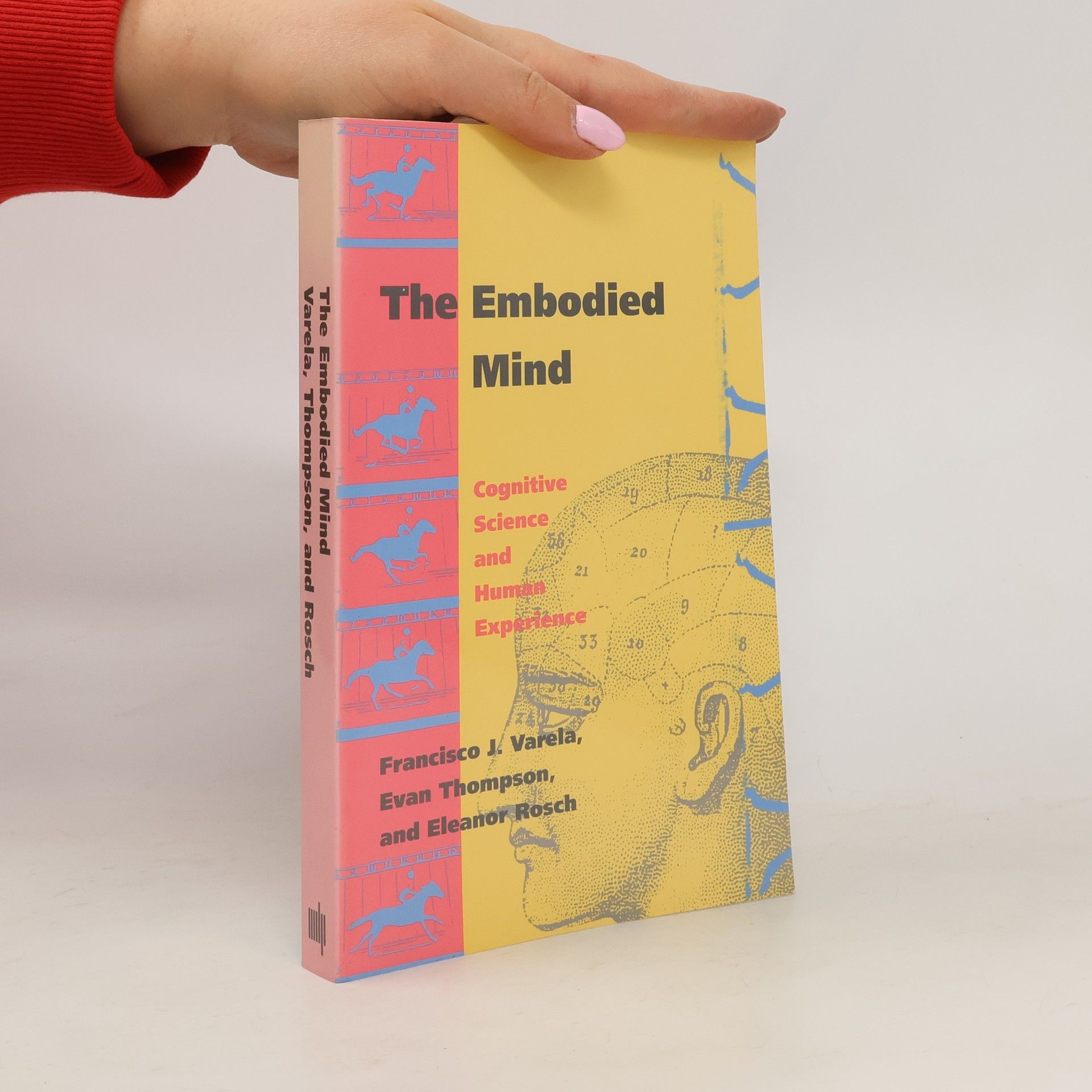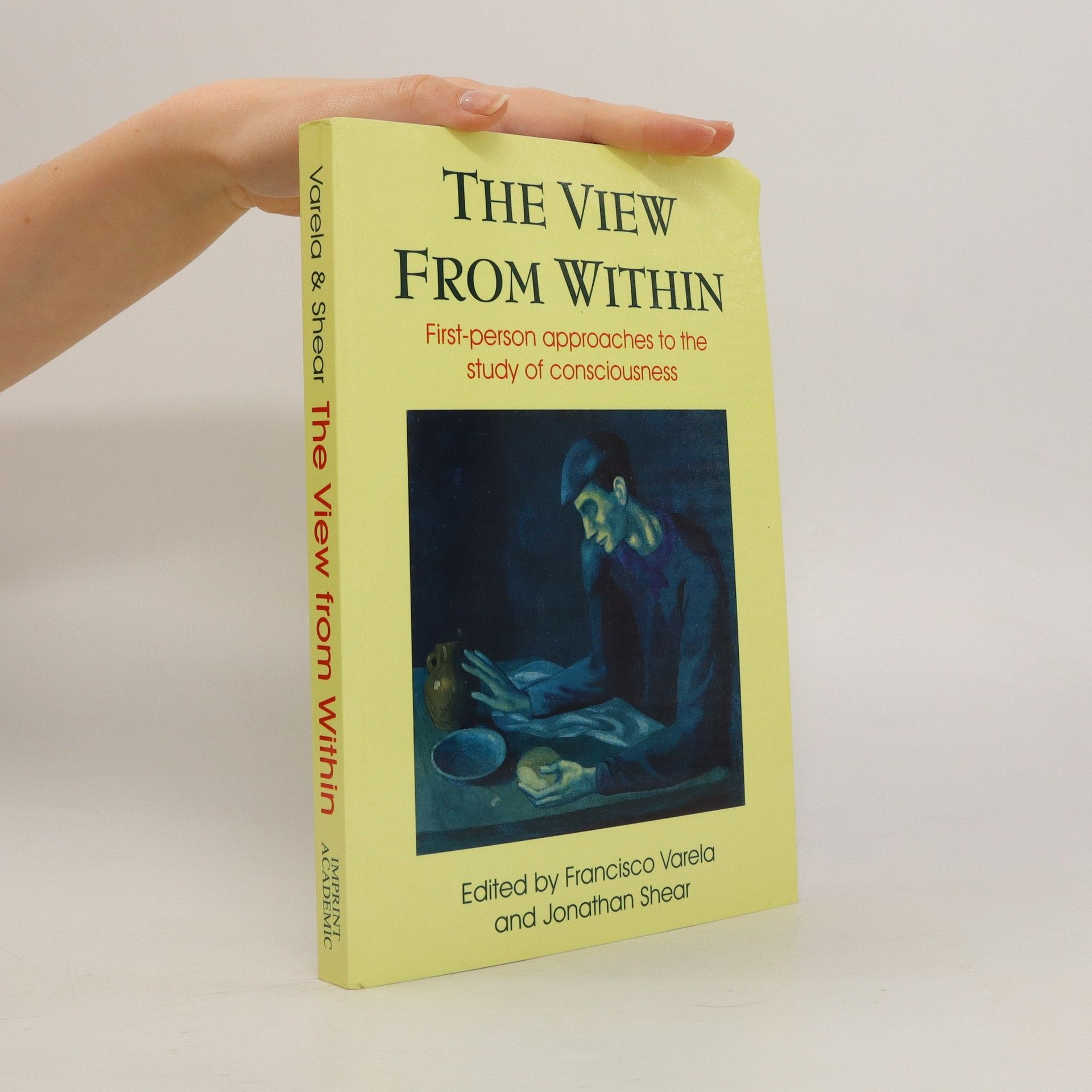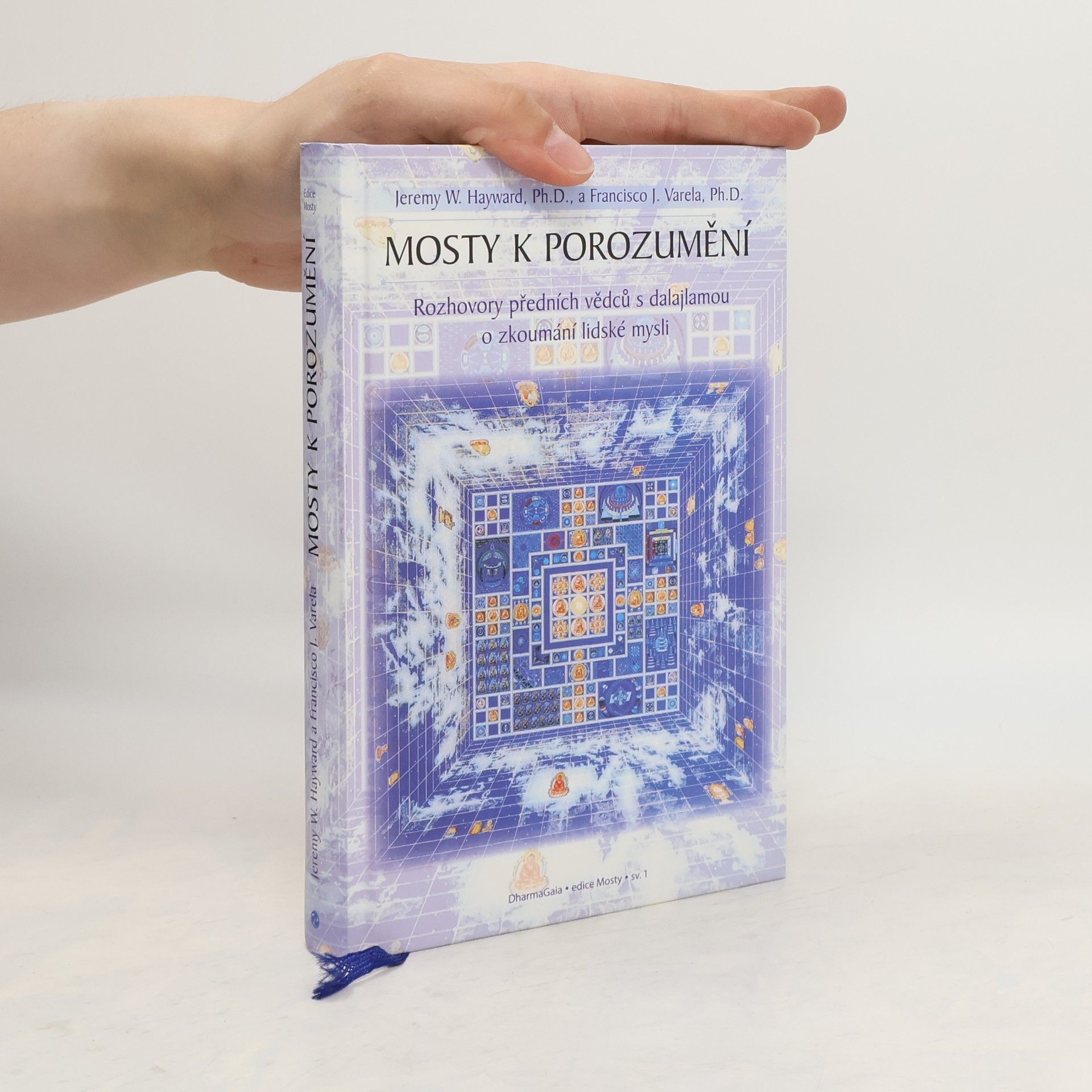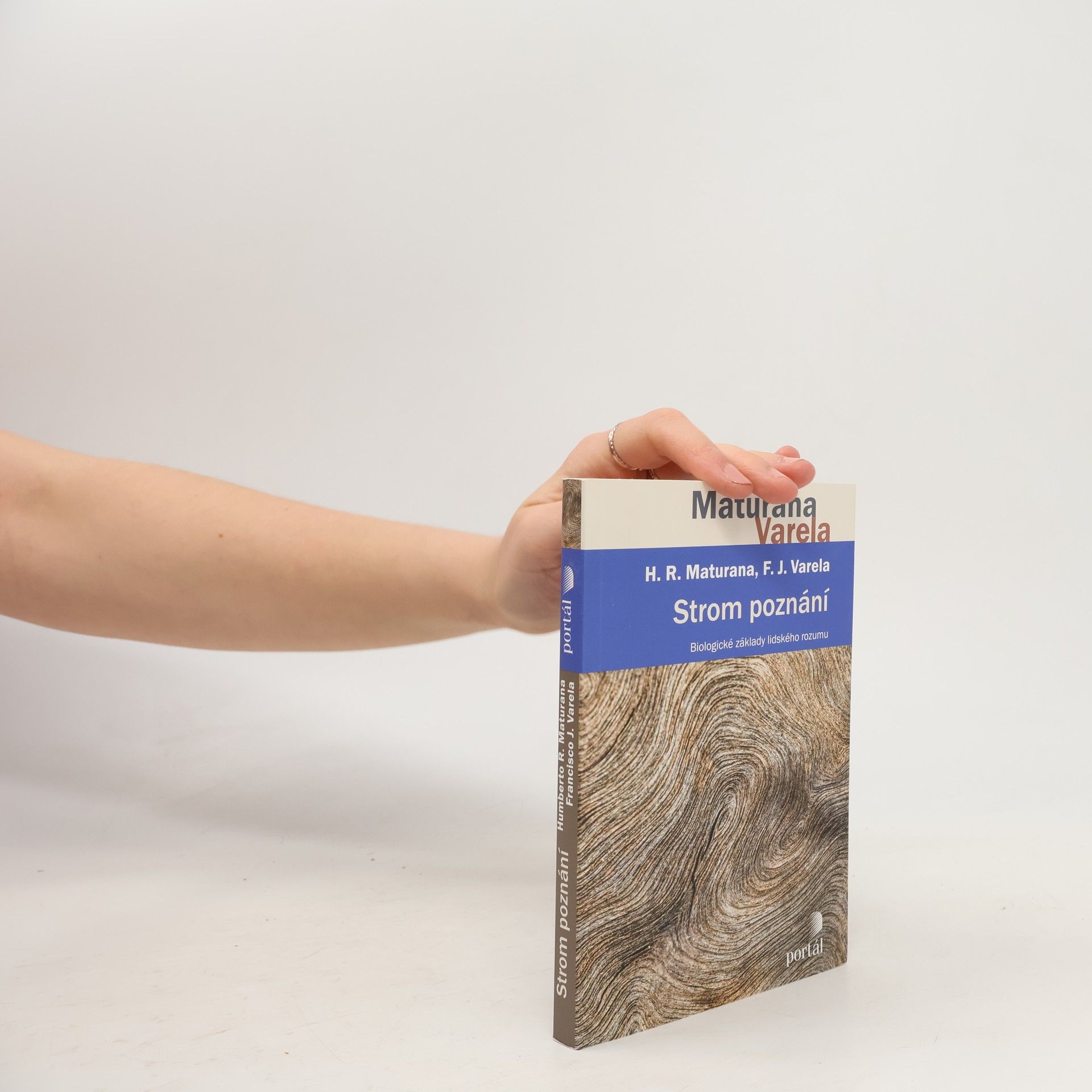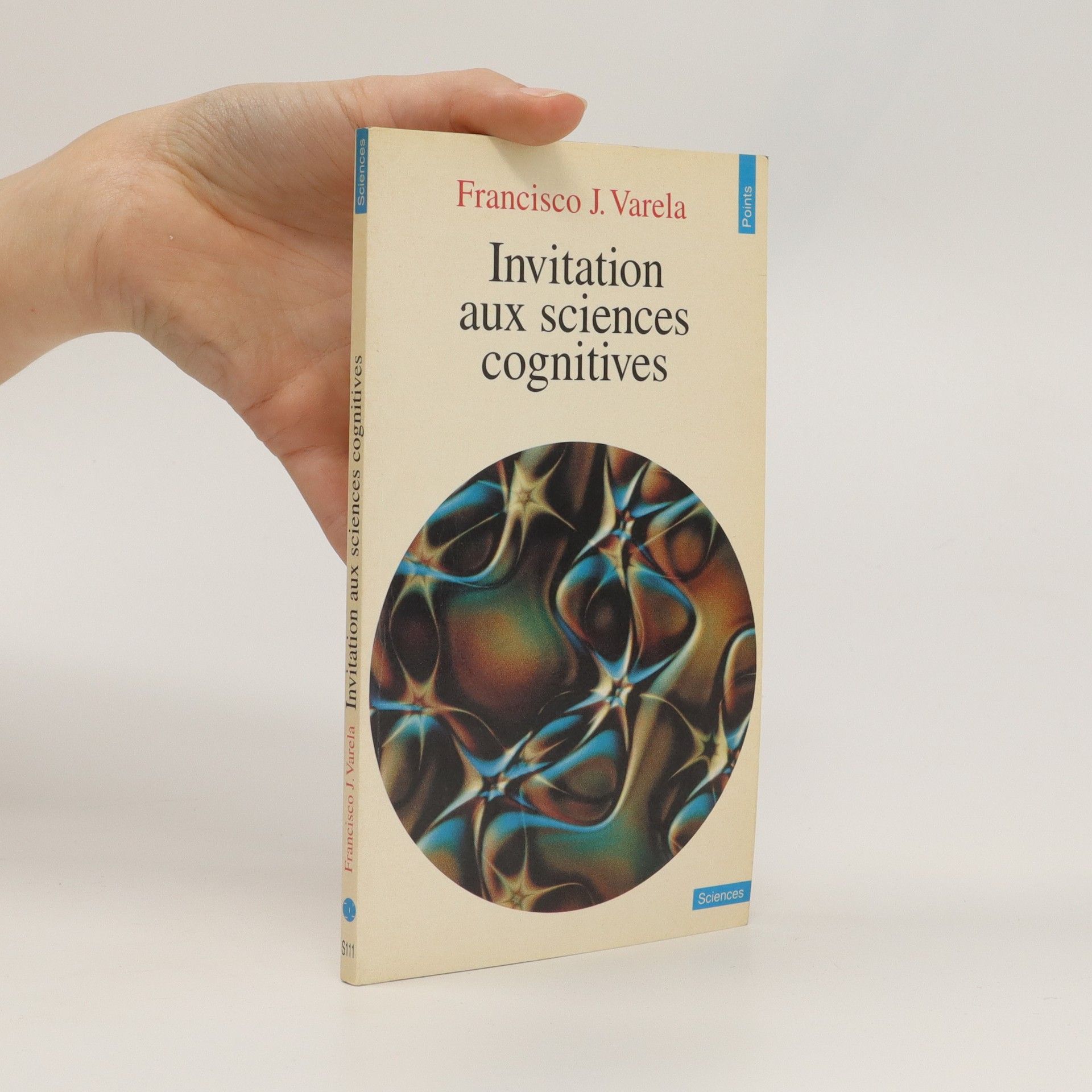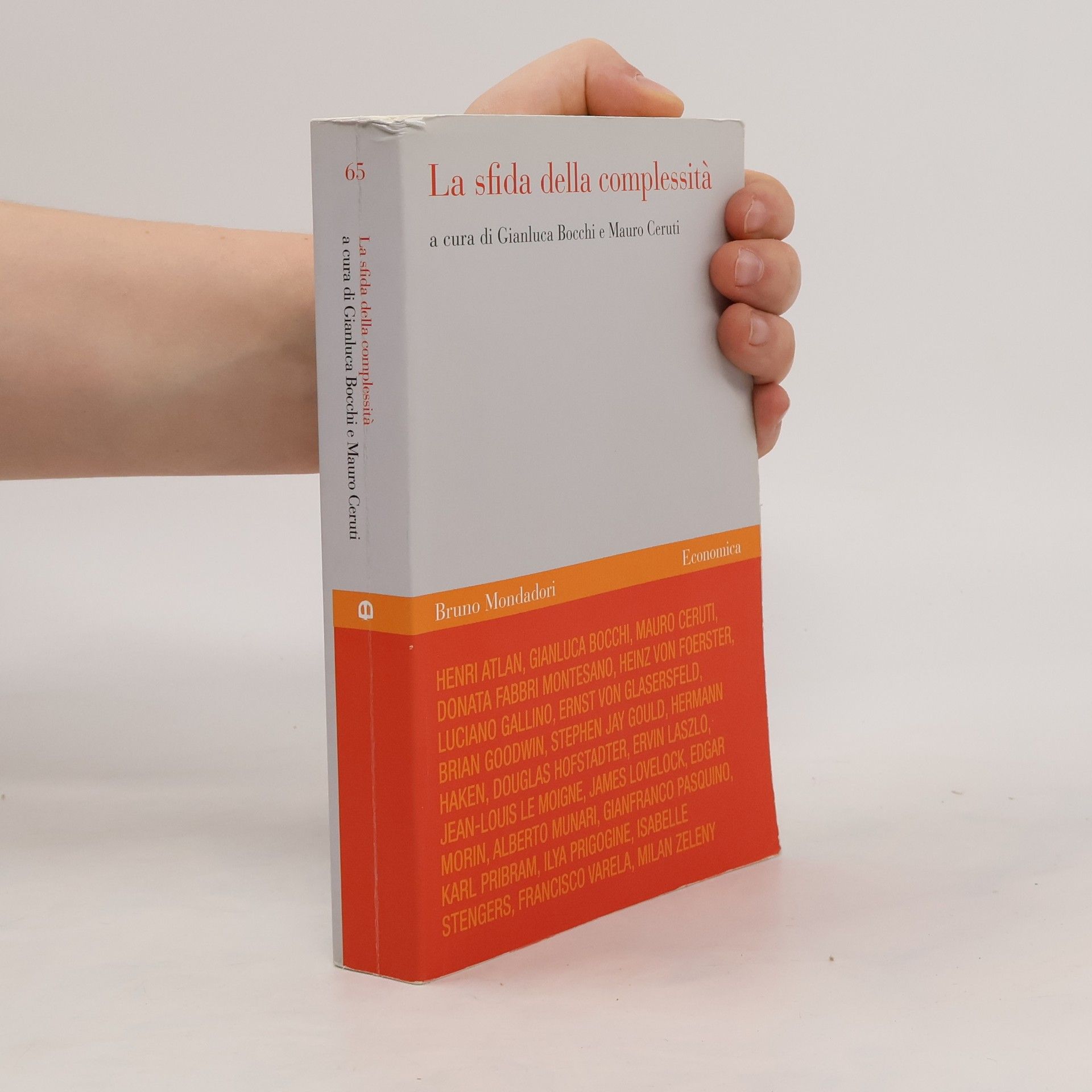Strom poznání - Biologické základy lidského rozumu
- 200 stránek
- 7 hodin čtení
Jedna z hlavních myšlenek knihy souvisí s pojmy „strukturní determinismus“ a „autopoiesis“: Organismus vnímá pouze takovou realitu, která odpovídá jeho vlastní struktuře, a má tendenci tuto strukturu replikovat, utvářet sebe sama. V tomto smyslu neexistuje nic takového jako informace a vnímání nepředstavuje znázornění objektivně existující reality, ale spíše neustálou tvorbu struktury organismu. Poznání proto nereprezentuje vnější realitu, nýbrž ji konstruuje a při tom na sebe prostředí a organismus navzájem působí – určují se v procesu žití. Druhá základní myšlenka knihy pak spočívá v tom, že popsaný mechanismus se vyskytuje na mnoha úrovních života – od buňky přes mnohobuněčné organismy a společenství až k člověku, který při konstrukci světa užívá jazyk. Od svého prvního vydání v roce 1987 se kniha stala jedním ze základních děl konstruktivismu a systemické teorie a její myšlenky našly široké uplatnění zejména v sociálních vědách včetně pomáhajících profesí.


